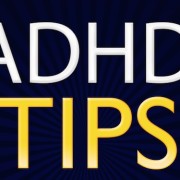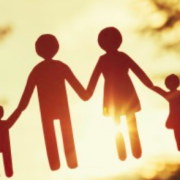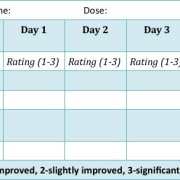Ways to Cope Without Medication
Behavioral interventions alone may be enough to manage behavioral issues of ADD and ADHD; however, combination therapy, in which both behavioral and biological treatment is used, is viewed as most effective.
Here are some types of behavioral interventions that may minimize your struggle with ADD or ADHD:
Cognitive-behavioral therapy (CBT)
Often benefiting adults with ADHD, CBT allows people to recognize their unwanted actions or thoughts and learn to modify them. This technique, proven effective for many psychological interventions, is typically not used for children, as children often need a more direct reward system for motivation.
Direct Contingency Management
For this therapy, trained teachers and/or counselors reward children with ADHD for positive behaviors. This is often done in a classroom or summer program. Our Parent Management Training program teaches parents behavioral strategies to enhance functioning of their child with ADD or to replace oppositional defiant behaviors.
ADD/ADHD Coaching
This is an effective intervention for children with ADD/ADHD. Coaches provide education to parents and individuals with ADD/ADHD regarding the facts and management of ADHD. ADD/ADHD teens and adults or parents are taught to set goals, prompt and measure desired behaviors, give rewards for behavior, remove rewards for misbehavior, help develop environmental accommodations and develop appropriate compensatory strategies.
Social Skills Groups
Children with ADHD may benefit from a group setting in which social skills such as cooperation and teamwork are rewarded by a group facilitator. The behaviors learned in this group setting can then be applied to other environments.
Contact Dr. Gordon for help with your ADHD. We have treatment and solutions available online, by phone, and in our offices.
written by: Brianna Malinowski Jay Gordon, Ph.D
Hinshaw, S., & Scheffler, R. (2014). The ADHD Explosion. New York, NY: Oxford University Press.






